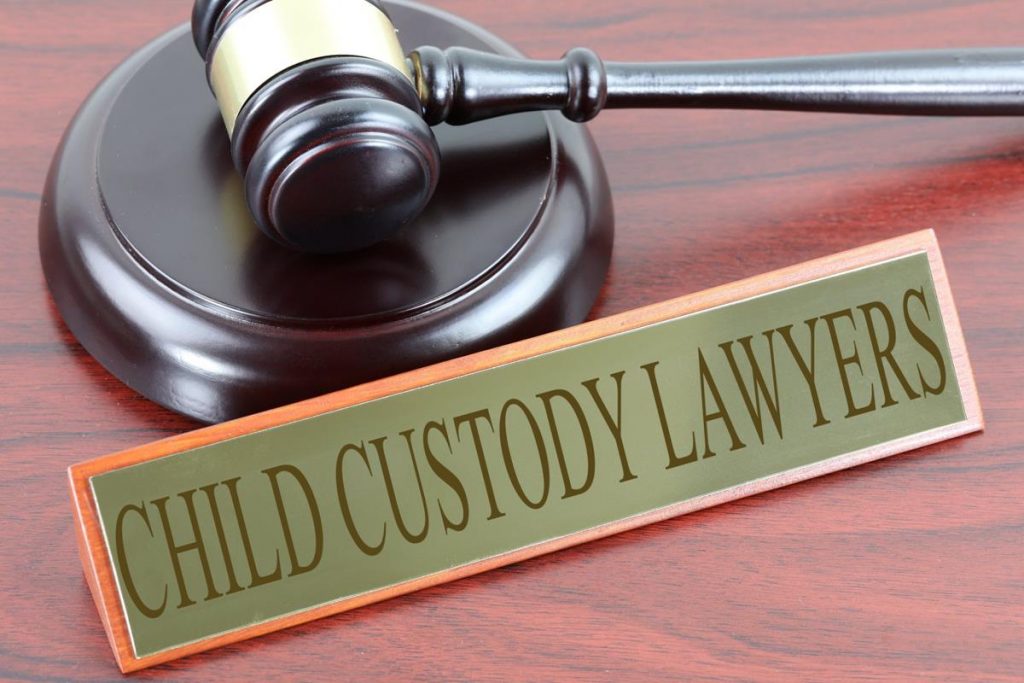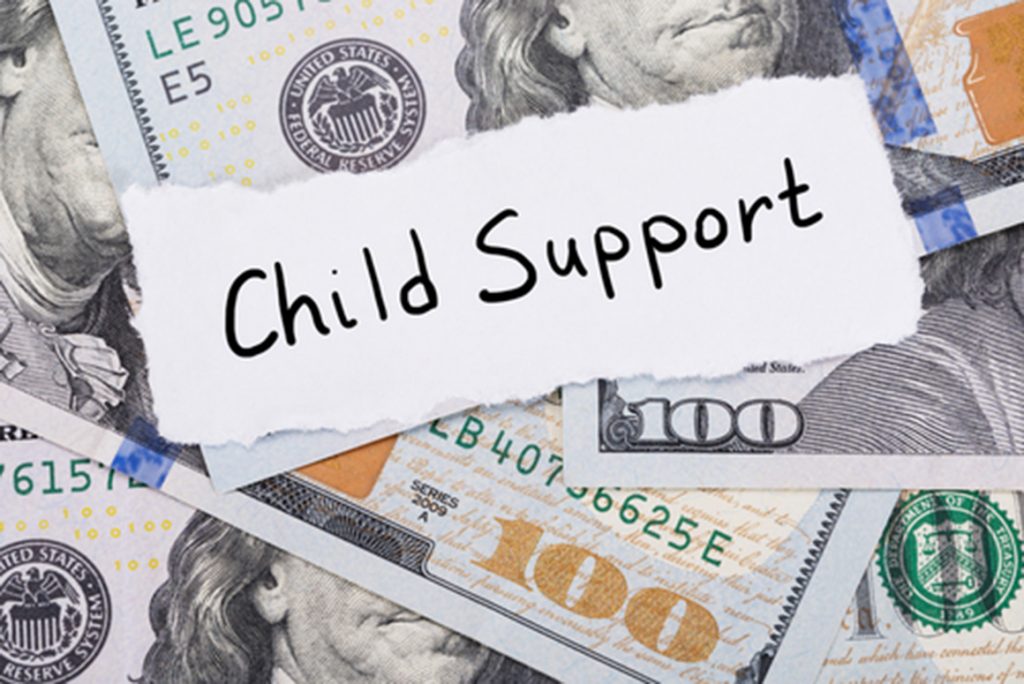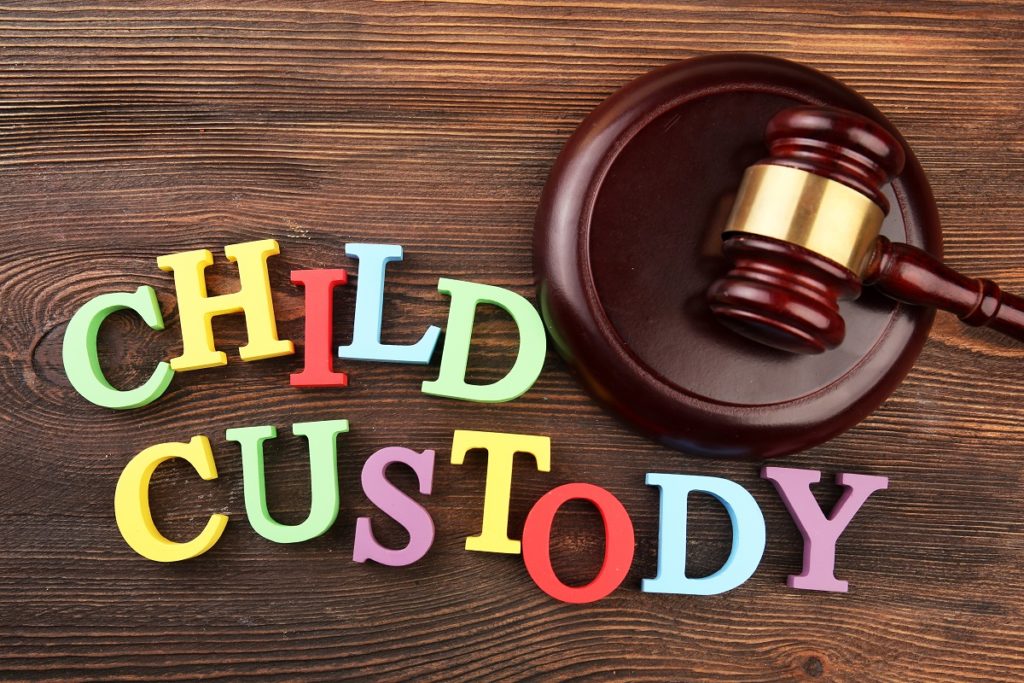Child Custody and Visitation Arrangements in Pennsylvania
When spouses go through a divorce, the most challenging decisions to make often involve their child. Two of such child-related decisions are custody and visitation arrangements. These arrangements determine who a child lives with and the conditions on which he/she is to visit the other parent.
Each parent has a right to have a relationship with the child. Parental contact is also essential for a child’s development. Irrespective of the parent’s schedules, there’s a custody and visitation arrangement that can work for the family.

Types of Custody
Physical custody
Physical custody deals with the living arrangements of the child. It involves which parent the child will live with and how each parent will spend time with the child. The types of physical custody available to Pennsylvania parents are:
- Shared Physical Custody: In this arrangement, the child has two residences, and both parents have equal custodial time. For instance, the child may spend one week with one parent, and the following week with the other parent.
- Sole Physical Custody: The child lives with only one parent.
- Primary Physical Custody: The child lives and spends at least 60% time with one parent.
- Partial Physical Custody: When one parent has primary custody, the other parent participates in a partial physical custody arrangement.
- Supervised Physical Custody: Also known as supervised visitation, the child only spends time with the non-custodial parent in the presence of a guide.
Pennsylvania incorporates the term “visitation” under physical custody. For non-custodial parents, visitation may mean partial or supervised physical custody.
Legal custody
Legal custody is a right to make significant decisions regarding education, medical care, and religion on behalf of the child. Just like physical custody, legal custody can either be sole or joint.
A parent may have sole physical custody but may share legal custody with the other parent. In another case, a parent may have partial physical custody but have no right to make decisions regarding the child.
How Custody and Visitation Arrangement Work in Pennsylvania
Custody Arrangements Outside Court
Both parents can agree on a custody arrangement without involving the court. An appropriate arrangement should uphold the best interest of the child above everything else. If both parents can’t reach an agreement themselves, they may choose to participate in mediation sessions.
Otherwise, they can each hire child custody lawyers in Media PA, to help them reach a fair custody arrangement. Since not all mediators have a legal background, an attorney will know how Pennsylvania law works. If they reach a decision, the lawyers will help to produce a written agreement that will be legally binding in court.

Court-ordered Custody Arrangements
If both parents can’t agree on an appropriate arrangement outside the court, a judge will have to decide on their behalf. To determine the best custodial arrangement, the court considers the best interest of the child.
There’s no gender preference or favoritism of mothers over fathers in a court’s decision. Of course, parents should always hire child custody lawyers in Media, PA, when settling in court. Some of the factors that a court takes into account before issuing a custody order include:
- Past or current abusive conduct from either parent
- Work schedules of both parents
- Current mental and physical conditions of both parents
- Previous responses to parental duties
- Which parent is likely to encourage frequent contact with the other parent?
- Custodial preference based on the child’s maturity
- The need for stability and continuity for the child in terms of education and community life
- Which parent is likely to provide a nurturing, loving, and stable relationship for the child?
- Which parent is likely to attend to the child’s needs?
Conclusion
Child custody and visitation arrangements are emotionally and legally challenging. A better approach is to settle custody disputes outside the courtroom, as it offers a more amicable relationship. However, if you think you can’t reach a mutual agreement, you may want to contact child custody lawyers in Media, PA, to represent you.



